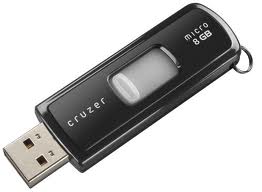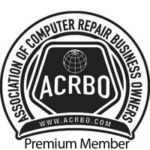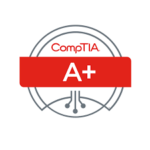Hello everyone,
In the past year and a half or so I’ve repaired over 350 computers. In this series I’m describing the very repair tools that I use daily. If you would like, you can see the entire series (up to this point) by following these links: part 1, part 2, part 3, part 4, part 5, part 6, part 7, part 8, part 9, part 10, part 10.1, part 10.2, part 10.3, part 10.4, part 10.5, and part 11.
Part 10.6: Continuing what I started in part 10, 10.1, 10.2, 10.3, 10.4 and 10.5, I’ll continue to show you the repair tools that I have on my USB flash drives and tell you what they are used for. At the moment I carry around six USB drives (but I’ll soon be carrying all of my repair tools on the Zalman ZM-VE200) so let’s take a look at some more programs that I have on flash drive #4:
1) Webroot ZeroAccess Removal Tool
The latest generation of a rapidly evolving family of kernel-mode rootkits called, variously, ZeroAccess or Max++, seems to get more powerful and effective with each new variant. The rootkit infects a random system driver, overwriting its code with its own, infected driver, and hijacks the storage driver chain in order to hide its presence on the disk. But its own self-protection mechanism is its most interesting characteristic: It lays a virtual tripwire. The free Webroot removal tool will be able to detect whether the system is infected and, if so, it’ll clean the system for you.
2) GMER
GMER is an application that detects and removes rootkits . It scans for hidden processes, hidden threads, hidden modules, hidden services, hidden files, hidden disk sectors (MBR), hidden Alternate Data Streams, hidden registry keys, drivers hooking SSDT, drivers hooking IDT, drivers hooking IRP calls, inline hooks. It’s recommended to download randomly named EXE (click link above) because some malware won’t let gmer.exe launch.
3) RogueKiller
RogueKiller will check for rootkits, rogue processes, rogue Registry entries, rogue or untrusted drivers, and Master Boot Record (MBR) issues. RogueKiller can restore a Host file, delete any Proxy entries, and repair shortcut problems.
4) Windows Repair (All In One)
Windows Repair is an all-in-one repair tool to help fix a large majority of known Windows problems including registry errors and file permissions as well as issues with Internet Explorer, Windows Update, Windows Firewall and more. Malware and installed programs can modify your default settings. With Windows Repair you can restore Windows original settings. See great Britec video here.
5) D7
D7 is an incredible tool intended for experienced PC technicians. It is one of the most useful and complete tools that I have ever seen to diagnose and repair almost any PC problem: offline and live malware removal assistance via many internal and 3rd party tools, repairing Windows after malware removals, general PC maintenance, offline and live registry editing with mass search & delete features, offline and live data backup, CPU/RAM stress testing, information gathering and quality assurance uses, OS BrandingIP/DNS configuration + backup & restoreshortcuts to frequently used Windows components, quick access to frequently used Windows tweaks, numerous right-click context menu (in Windows Explorer) features for working with files and directories, wrappers/one-click execution options for frequently used command line tools, synchronization of Malware Scan definition files, automatic updates of all your favorite 3rd party tools via Ketarin, and more! Check out another great Britec video here.
Professor Randy says: A computer repair technician without great tools is like milk without cookies! Pointless! Fill your flash drive up with great tools and you’ll have the solution to the problem in the palm of your hand!




5:32 am on June 11th, 2017 1
HOW DO I GET THESE FLASH DRIVES